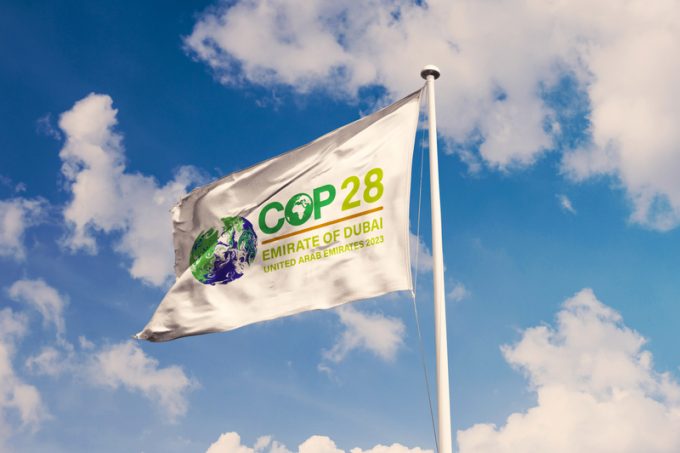Lufthansa Cargo to supply SAF for Maersk airfreight clients
Patchy global supply of sustainable aviation fuel (SAF) has led Danish carrier Maersk to partner ...

The eve of COP28 finds the event beset by controversy before it has even begun, a BBC exposé claiming the event’s president, Dr Sultan al-Jaber, may use the climate conference as an cover and strike oil deals with 15 countries.
His position ...

Comment on this article